This story was originally written by Shardonay Feggins for Outlier Media. It is the third in a series of 9 stories funded by the W.K. Kellogg Foundation that aims to highlight stories written by emerging writers in Detroit.
In the fall of 2002, I heard my name over the intercom at Ecorse Community High School to come down to the administrative office. At the time, I was in the 10th grade and matriculating as an above-average student but lacked direction and constantly needed to be motivated. I faced moments of doubting myself and if I would ever achieve anything or unlock my full potential. I had not learned yet to rely on my own instincts. On this day, my mother sat with the truancy officer and another man who was unfamiliar. My first thought was trouble, but the opposite was true. It was the day that I first learned about a new after-school program, Work Appreciation for Youth (WAY), an initiative that ended up changing my life for the better.
Today, as a wife, mother of two and human resources professional, I believe after school programs are just as essential to children’s development as the curriculum being taught in classrooms. My time in the WAY program is proof.
The Work Appreciation for Youth program
Although I did well academically, I didn’t know how to plan for my future. After graduation, I had dreams of boarding the first train, plane or automobile out of town to attend college. I envisioned myself in a fancy corporate job, but I had no experience in interviewing or goal setting. The WAY program taught me these skills and so much more. WAY was developed in New York in 1984 to help at-risk students transition into self-sufficiency. My connection to it started at The Judson Center, a Detroit community-based human service center, that adopted the WAY plan in Ecorse, MI in partnership with the International Gospel Center.
I was nervous on my first day in the office building on Salliotte Road, which was painted a new coat of uninviting beige. There was a narrow hallway that led to a computer lab where most of the activities took place. Loaded on each system was tutoring software for students who needed extra help with homework. Once done with school work, participants got to explore the internet, listen to music, and create a plan of action for the future. It was a safe place to go after school where mentors and program directors took active roles in helping us to thrive.
Ecorse’s WAY program director, Eugene Thomas was its heartbeat. “The mindset of the program was getting youth that we thought had a chance. That’s why it was for youth at risk,” believes Thomas. “Meaning that these are good kids that if somebody doesn’t work with them, they may slip off and become troubled kids. We were picking the kids that were being overlooked.”
Life as a teenager can be overwhelming
As a teenager, I often felt overlooked by family and teachers, and had I not joined the WAY program, my life might have taken a different turn. In addition to life skills, WAY provided me with my first scholarship which I accepted at a formal banquet during a sponsored trip to New York City. The program also afforded me the chance to present at the Judson Center Leadership Conference about the work we were doing and how it impacted us. That experience would be my first time giving a PowerPoint presentation in front of a large group of people. It would be the first of many presentations to big audiences, a skill that I’ve utilized daily in my human resources work.
The need for after school programs is still prevalent. According to a 2020 report conducted by Afterschool Alliance – a non-profit established by the U.S. Department of Education – for every child in an after school program in Michigan, four more children are waiting to be accepted. 52% of parents surveyed in the same report felt that after school programs were too expensive. The lack of funding for these programs is not just a Michigan issue, the report also indicates that there are nearly 25 million children who aren’t able to access after school programs across the country.

“I never wanted my mom to have to give me money. She was already paying the house bills, and taking care of me and my sister. I think after school programs were the perfect fit for me,” says Michael Harrison, 38, a former WAY participant. “WAY introduced me to learning about business, finances, managing and interacting with people and most importantly, how to communicate.” Harrison, currently a business manager for Frito Lay, is a husband and father of two sons. He credits Mr. Thomas for teaching him life lessons on being a provider and leader in the community. “He was open, and we were able to talk to him. His understanding of where we grew up and the trends at the time made it easier for him to relate…I think his ability to always show up for us and be there for us after school made our connection that much stronger.”
Impactful after school programs
As someone who works in the non-profit sector, my time in the WAY program taught me invaluable skills that I use every day. I encourage all parents to enroll their children in these types of invaluable programs. Empowering our kids through enriching after-school programs should not be viewed as voluntary but as necessities.
Here are some local organizations that provide quality after-school programs.
Dancing Divas & Divos Dance Academy (3D Dance Academy) is a 501c3 nonprofit arts organization and dance academy that has provided after school options for over 15 years. Currently housed in the Marygrove Conservancy on the city’s west side, the academy has trained thousands of students and dancers since 2007. The academy hosts ballet, modern dance, hip-hop, and gymnastics classes.
To enroll in one of the classes or to learn more, visit https://3ddanceacademy.com/.
Alkebu-lan Village has been providing quality youth programming in Detroit for 45 years. The organization originally provided affordable martial arts training, and it has now grown to a youth enrichment center that includes leadership training, performing arts, and entrepreneurship programs. Alkebu-lan Village is on the east side of the city and its hours of operation are Monday-Friday from 8 am to 6 pm.
To learn more about Alkebu-lan Village and its programming, visit https://alkebulanvillage.com/.
Brilliant Detroit was created to assist local children with kindergarten readiness. They have set up operations in homes in 12 neighborhoods across the city, with 6 additional sites in the works. They offer after-school tutoring and parenting classes. The hours of operation vary at each site.
For more information on Brilliant Detroit, visit https://brilliantdetroit.org/.
SAY Detroit is a 501(c)3 charity founded by journalist and author Mitch Album. The organization opened its SAY Detroit Play Center in the Osborn neighborhood back in 2015. The center provides academic enrichment, and athletic and arts programs in partnership with Detroit’s major sports teams. Their hours of operation are Mondays from 7:45 am to 7:45pm and Tuesday-Thursday from 7:45 am to 4:45 pm.
To sign up for their programs and for more information, visit https://saydetroit.org/play/.

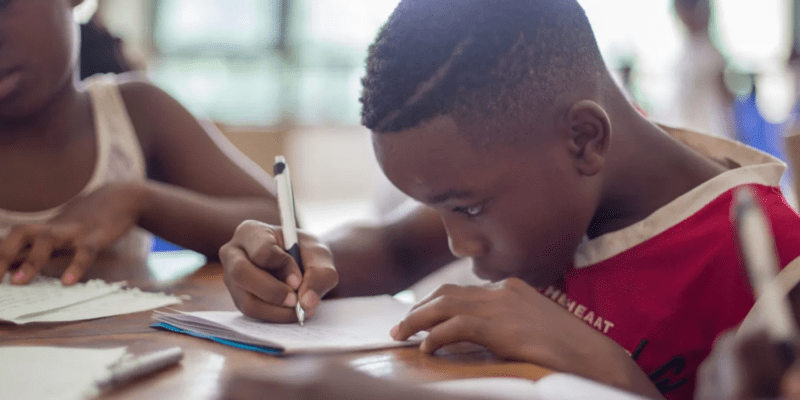
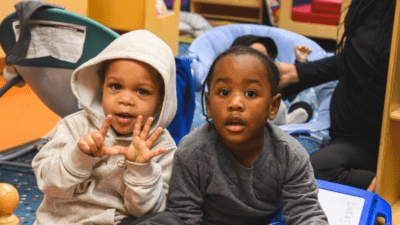

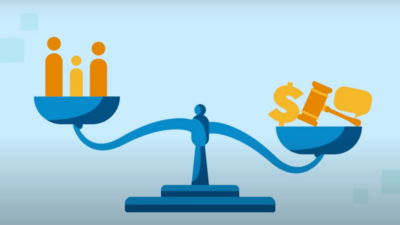
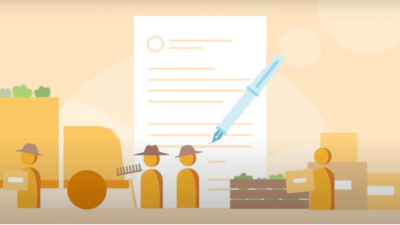
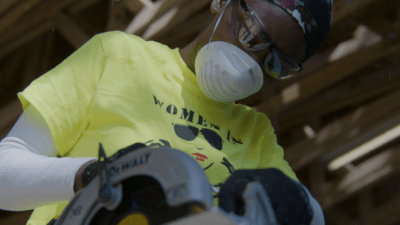

Comments